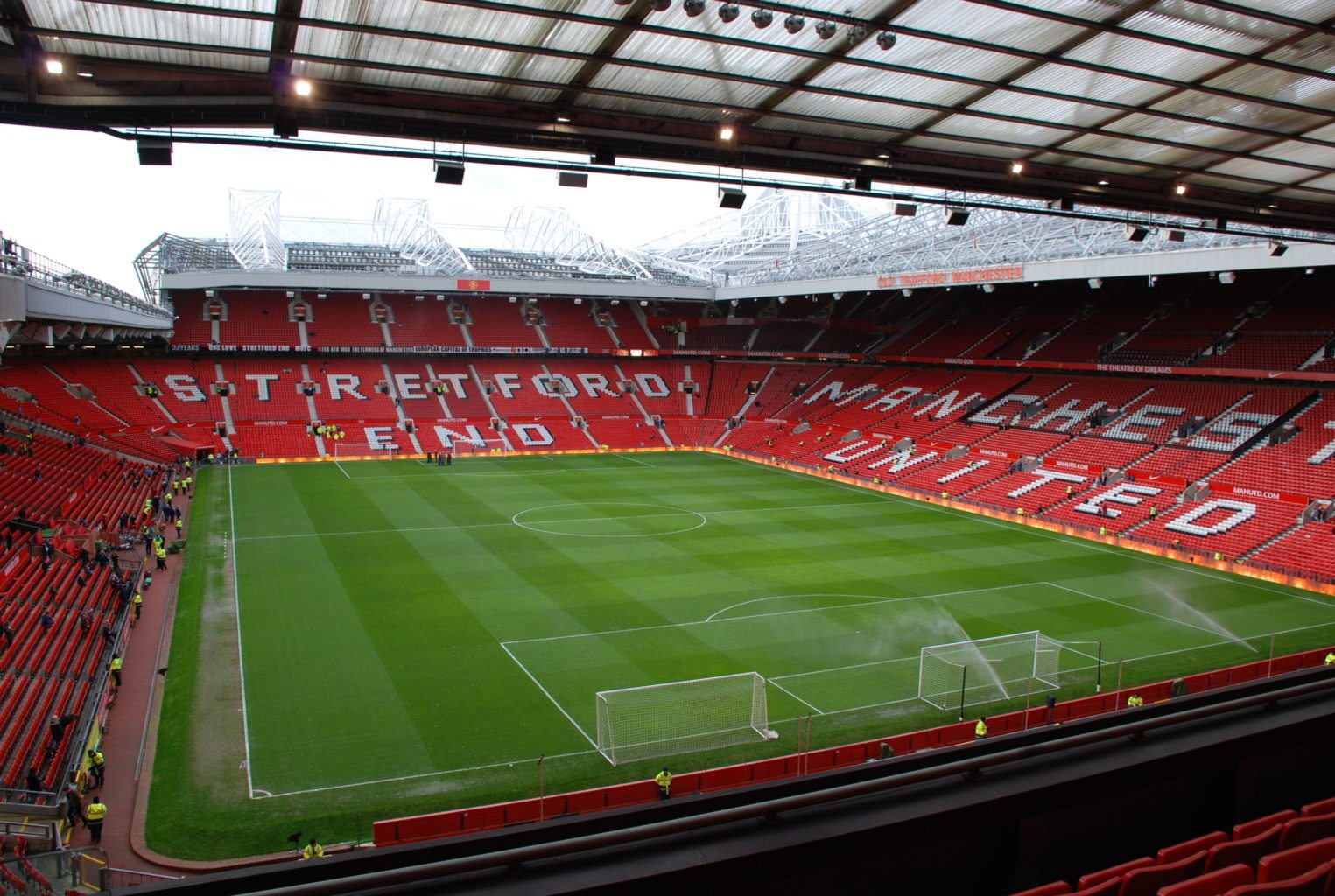Warwick Girls Can…but Manchester United Ladies can’t
When checking the WSL 1 (Women’s Super League 1), or WSL 2, table, one team in particular is conspicuous by its absence. Manchester United, England’s biggest club, supported by over 600 million people worldwide, a franchise with a valuation of $2.2 billion according to Forbes, is nowhere to be seen. By contrast, United’s city rivals topped the last incarnation, and have spent big on acquiring many of England’s brightest and best players, such as 2015 World Cup heroes Lucy Bronze, Steph Houghton and Toni Duggan. The team has a significant social media presence on City’s various pages, access to world-class facilities and has benefited from significant infrastructural support. So where is Man United’s female wing?
clearly there is a base of talented young local players who are being denied a pathway to professionalism
Attempts to address this question have been painfully weak. In 2013 a fan petition was formed asking for the formation of an official senior team, which was vocally supported by Barbara Keeley, a local MP – but the club, and Ed Woodward’s, silence was deafening. As Keeley lamented at the time, simply, ‘It is very hard to understand why Manchester United are still not prepared to re-instate a women’s football team.’ She described the club’s response, if it can be called such, as ‘a brush off and a pity’, and the situation as ‘embarrassing’. When asked about the issue at a Fans Forum event, Group Managing Director Richard Arnold, whilst confirming ‘[the club] has no plans to extend that activity to a senior women’s team’, pointed to the success of the club’s female youth sides – United’s under-17 girls made the 2016 FA Youth Cup Final. Rather than excusing the issue though, this makes the absence of a senior team even more illogical and condemnable, as clearly there is a base of talented young local players who are being denied a pathway to professionalism.
When I asked the club for a comment, a spokesperson reiterated the line that Manchester United is ‘fully committed to the development of girls football’, but clarified that ‘the introduction of a successful women’s team is not something that could happen overnight’, with ‘a lot of investment in playing and training facilities…required in order to make this a success’. It is difficult to perceive the former statement as little more than platitudinous when such investment is more than readily available.
The fault, at least in part, lies with the much-maligned Glazer’s. United did use to have a women’s team, they absorbed local side Corinthians in 2000 for five years and this team was dissolved just two months after the Americans’ arrival in Manchester. An aspect of the cautionary tale of foreign ownership that is sometimes overlooked, is its obsession with the core: i.e. the aspect of the club that can generate the most income, the most return on an investment, most quickly. This premise is a threat to football clubs, and what they have historically represented. The prevalence of this attitude also goes a long way to explaining why United’s academy and youth recruitment, that delivered the Class of 92 only a generation ago, is quickly slipping far behind their noisy neighbours’ too.
more questions must be asked, more pressure applied, be it by the male-dominated Fans Forum…or at an administrative level
Although West Ham’s recent disgraceful treatment of their women’s team is indicative of a problem that stretches further than Old Trafford, considering United’s financial clout, and ability to use their popularity to further the women’s game, it is unfathomable that young Manchester United-supporting girls cannot look up to heroes of their own gender as well as Wayne Rooney and Zlatan Ibrahimovic. More questions must be asked, more pressure applied, be it by the male-dominated Fans Forum that has not raised the issue at any event since September 2015, or at an administrative level.
The issue of gender and sport is particularly relevant at this moment in time, shortly after the launch of Warwick Girls Can – an initiative funded in conjunction with Sport England’s This Girl Can campaign. Set up with the intention of increasing female participation in sport and improving mental and physical wellbeing, the campaign has not been universally praised in previous years but is indubitably well-intentioned, and seems to be striking all the right notes this year. When an institution as huge as Manchester United is failing female lovers of sport, one can’t help but feel that grassroots movements such as this are even more vital in engaging participation and challenging the implicit narrative from above.

Comments (1)
I disagree, read:
https://www.washingtonpost.com/lifestyle/magazine/nollywood-usa-african-movie-makers-expand-filming-to-dc-area/2013/05/22/c132bae6-b107-11e2-baf7-5bc2a9dc6f44_story.html